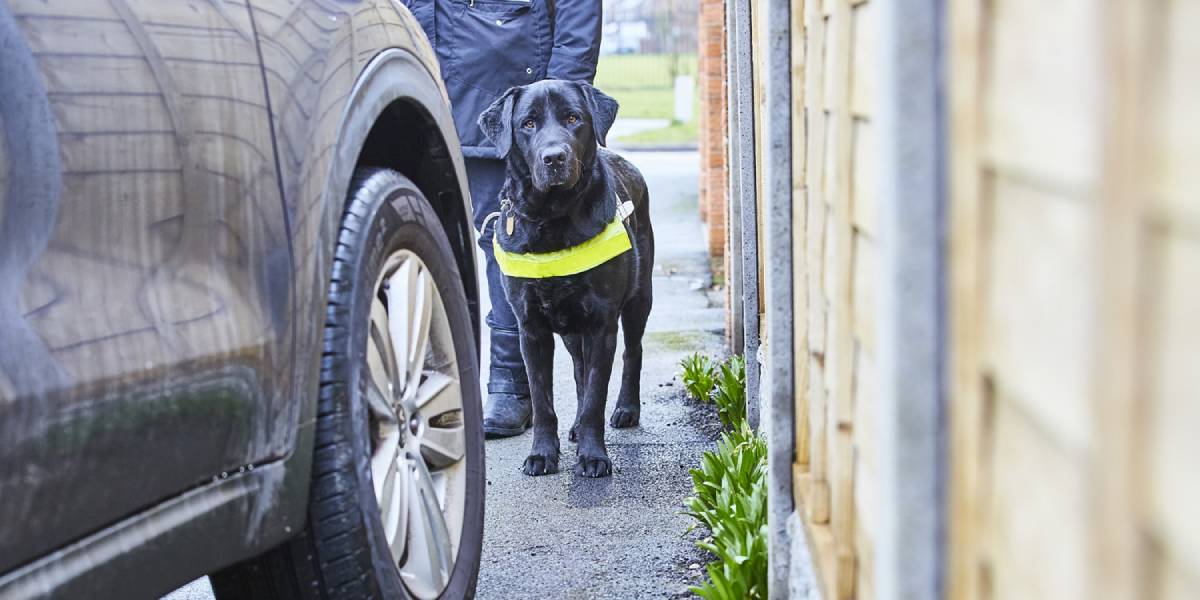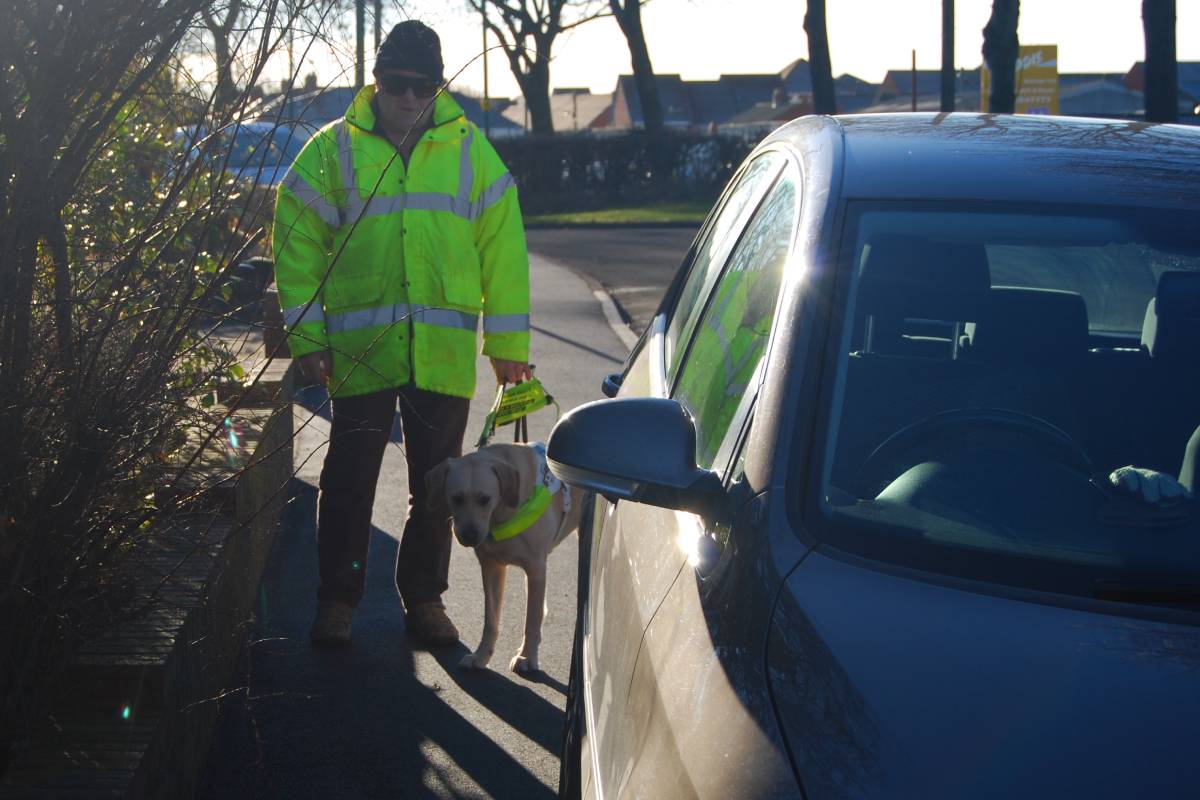As well as advising organisations and businesses on improving mobility access around the city, Durham City Access For All also gets involved in a number of campaigns throughout the year.
Durham City Access For All's work focuses on a variety of issues. We not only support relevant national campaigns created by UK-wide groups, but from time to time we also instigate our own local campaigns in order to address specific local issues.
Streets Ahead

Streets Ahead is the Guide Dogs campaign to tackle the obstacles that make navigating the streets difficult for those with sight problems. Durham City Access For All supports this campaign and works to effect change.
The aim: Everyone has the right to move freely along the street. Unfortunately, there are still many barriers that make this difficult for people who are blind or partially sighted. The Streets Ahead campaign aims to tackle some of the most frequent barriers to accessible streets.
The issues: One of the biggest issues is pavement parking. Cars that either partially or wholly block the pavement cause problems for many groups of pedestrians: people who are blind or partially sighted, parents with pushchairs, and wheelchair users. It can force them to move on to the road and into the path of oncoming traffic.

Another issue that Streets Ahead is tackling is street clutter, such as shop advertising boards or pavement cafe furniture. We're calling for clearer high streets which are more attractive and accessible for all shoppers.
The third issue the campaign is addressing is shared surface streets. This is where the road and pavement are built at the same level, meaning that cars, buses, cyclists and pedestrians all share the same surface. Not only do people with a vision impairment rely on the kerb to navigate their way around the street, but shared street surfaces also rely on street users making eye contact when they meet each other, in order to decide who can move first. This has obvious safety implications for those with a vision impairment.
The action: If you want to get involved with the Guide Dogs' Streets Ahead campaign, you can become a campaigner.
Thank you to Guide Dogs for the use of some of the images on the site
